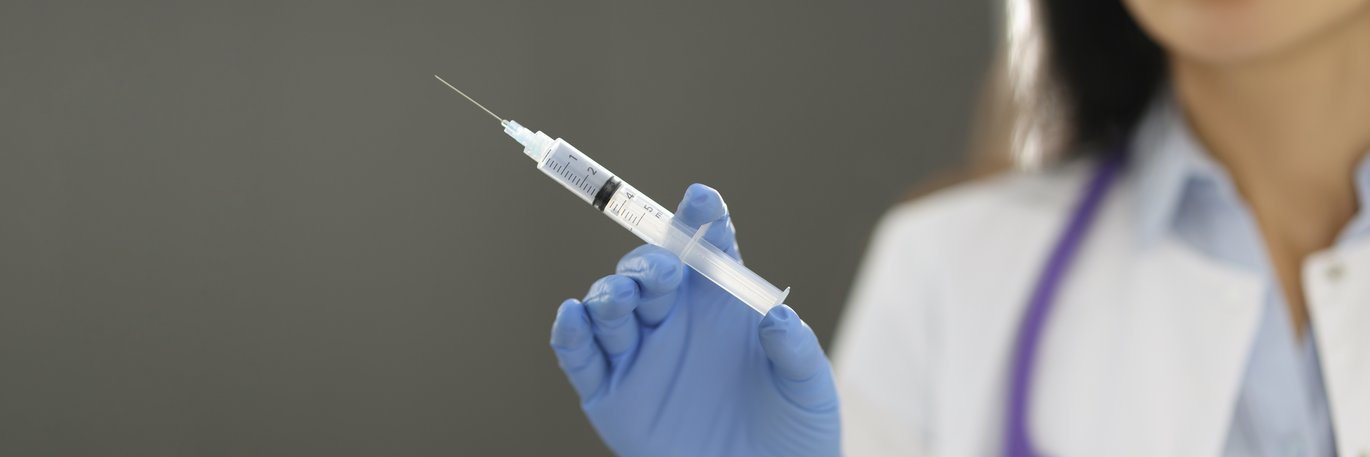CAVA – Comparing Adverse Vaccine Event Reporting: An interdisciplinary research proposal

Oplysninger om arrangementet
Tidspunkt
Sted
Aarhus University, building 1520-737 (Sky Lounge)
Speed talk #1: “The cultural dynamics of vaccine adverse event reporting?” with Marie Louise Tørring and Torben Esbo Agergaard, M.Sc. in Science Studies, School of Culture and Society: ARTS & Centre for Science Studies: NAT
Speed talk #2: “Vaccination and non-specific symptoms – cause or coincidence?” with Dorte Rytter, Associate Professor in Epidemiology, School of Public Health: HEALTH
Speed talk #3: “Assembling vaccination and adverse event reporting from an STS perspective” with Kristian Hvidtfelt Nielsen, Associate Professor and Head of Centre, Centre for Science Studies, NAT.
About the CAVA-project
In the CAVA-project, we ask the overall question: What is stimulated reporting of vaccine adverse events and how does it relate to 21st century digital health citizenship? We consider reporting of vaccine adverse events as a medical as well as a communicative phenomenon that refers both to reporting of suspected vaccine adverse events in medical registers (such as the Danish Medicines Agency’s pharmacovigilance system) and in the media. Briefly, the idea of ‘stimulated reporting’ rests upon the assumption that reporting of adverse events may burst into self-oscillation when vaccinated subjects are prompted or triggered by vaccine risk communication by health authorities and/or in the media. A central working hypothesis to the CAVA-project is that adverse vaccine event reports are tied to digital health citizenship in the sense that every report is essentially made possible by digital health communication and surveillance technologies that sensitize and responsibilize citizens for the care of themselves and others.
We aim to explore the changing configurations and social meaning of health rights and responsibilities by identifying and comparing historical cases of stimulated reporting related to the MMR, H1N1, HPV og COVID-19 vaccination programs in Denmark. The project will focus on three contexts: 1) The role of pharmacovigilance in the formation of hyper-responsive public health systems and practices. 2) The role of legacy media in the formation of health scares and panics following mass vaccination. 3) The role played by the complex and algorithmicized social media landscape upon the formation of new health identities including the creation of a division into opposing pro-vax or anti-vax attitudes.
This explorative lunch will serve as a first occasion to open up the process of interdisciplinary exploration of theoretical, methodological and empirical perspectives on ‘stimulated adverse events reporting’. We welcome everyone with an interest in the topic to join the lunch as your contributions to the exploration of perspectives, methods, and approaches will be highly valued.